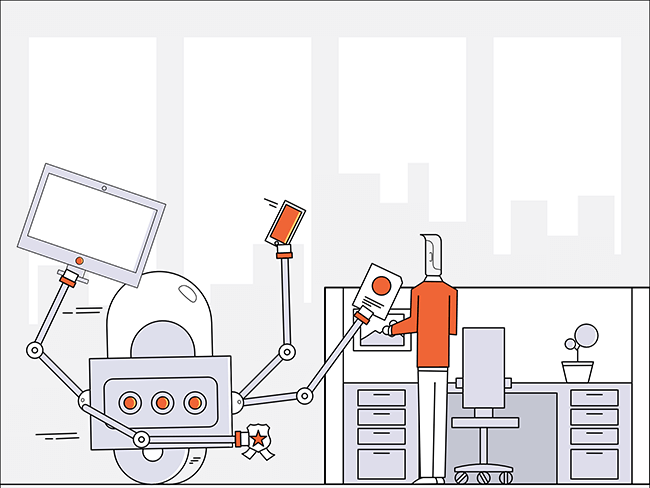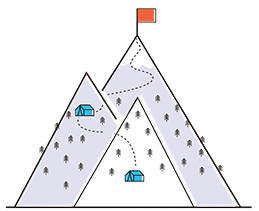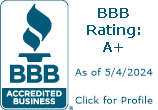Onboarding Process for Employees
Improve the new hire onboarding process with best practices and automation.

The Employee Onboarding Process Matters
Employee onboarding experience varies widely between companies, especially as more workers are hired and onboarded remotely. Employees at some organizations are shown their desks, handed an employee handbook, and told what time to come every day. New hires spend a week learning about the company culture at other organizations, networking across functional areas, shadowing coworkers, and more.
According to a study from CareerBuilder, more than 30% of employers don't even have a structured onboarding process for new hires.
What New Hires Learn During Onboarding
What an organization does for employee onboarding — and, just as importantly, what it doesn’t do — is critical for several reasons. New employee onboarding is your company’s first opportunity to give new hires a sense of:
- What will it be like working for your company
- How much your company respects individual contributors
- The importance being placed on their role
- The long-term prospects for your company
- Socialization and networking
Employee Onboarding Workflow Facts
The numbers associated with an employee's new job experience bear out the importance of a good employee onboarding workflow:
- 4% of employees quit after a bad first day (Bersin by Deloitte)
- 90% of employees decide to stay within the first six months. (Aberdeen Group)
- 22% of turnover occurs in the first 45 days. (The Wynhurst Group)
- Only 12% of employees strongly agree their employers onboarded them well. (Gallup)
The hiring process and employee onboarding process set the tone for an employee's career with your company. Is the new hire onboarding process an afterthought? Or is it well-organized, consistent, and respectful? Does it produce happy employees who enter the company with a positive attitude?
You may have had a poor employee onboarding experience yourself and thought, "Did I make the right decision accepting this job?" It’s never a good sign when an excited new hire, eager to start their new position, starts second-guessing their choices on the first day or week of work.
We have a Process App for that! Get a headstart on automating employee onboarding with our process app. Just import the template, customize it, and launch your new process.
Employee Onboarding Phases
Each phase in the employee onboarding and offboarding process should be defined and outlined to include all the people, processes, and activities involved.
Employee Onboarding
Covers the entire process of hiring, equipping, and orienting new employees.
Employee Training
Includes all the activities related to adding or sharpening the skills required for the new employee's role.
Employee Development
consists of the activities associated with the ongoing improvement of an employee in their role or future roles.
Employee Retention
Defines an approach to ensuring employee satisfaction throughout their employment.
Building an Employee Onboarding Process Template
Fortunately, you don’t have to develop an entire new hire onboarding process plan on your own. There are excellent employee onboarding tools and software for you to use, and it’s always good to create an employee onboarding template that you and your managers can refer to for any new hire. Some ideas for information to include in a new hire onboarding plan:
- How much paperwork can you handle online and have completed before the employee starts their first day?
- Quick Reference Guides for systems the employee will be used to supplement the full training on the system.
- Maps of the workplace and key locations (copier, printer, cafeteria, departments, restrooms/door codes, etc.)
- Key features of the phone system. Not surprisingly, most employees probably don’t know how to transfer a call properly (ask someone randomly).
- Proper use and rules around organization-wide tools like email, instant messaging, video conferencing, etc.
- Assign a buddy - give them a peer to ask general questions during their orientation period.
- Stay in regular contact during the 2-week "notice" period - this is when people doubt their new choice and need to feel welcome/wanted.
- Provide a “Welcome Package” with company gear to help them identify with the company brand.
Employee Onboarding Checklist (and the Importance of Automated Employee Onboarding Software)
Using employee onboarding tools like Onboarding Checklists is helpful for small companies that don't deal with a lot of hiring and only bring on a few new employees a month. However, larger companies, especially in the enterprise space, can find such checklists less helpful when dealing with onboarding tasks for tens or hundreds of employees globally each month. In situations like this, best practices dictate the use of automated employee onboarding software. An automated workflow system ultimately leads to more effective onboarding and a more effective employee.

Using employee onboarding software to automate the process of onboarding new employees ensures a standardized, consistent, and company-approved approach. It provides hiring managers with a much easier experience with their new hires—customized employee portals include intake forms and automated workflows route information around the organization. The same system is used by the hiring manager, the employee, and HR, ensuring everyone has access to the information they need. Manual onboarding programs may have all the right pieces for effective onboarding, but automation and process management can bring it together.
Workflow automation provides a custom employee onboarding software solution. It can be used for the entire Employee Lifecycle from pre-hire to offboarding. Using new hire onboarding tools to automate everything from the employee onboarding and offboarding process to everything in between will dramatically improve the experience, and the efficiency, of your new team members. Here are some examples of how you can use new hire onboarding automation:
| Pre-hire | |
| Position request form | |
| Recruitment and application process | |
| Internal referrals | |
| Interview feedback and tracking | |
| Offer tracking | |
| Background checks | |
| Security badge request | |
| During Hire | |
| Business card ordering | |
| New hire information gathering | |
| IT Setup form (hardware, software, network/app access) | |
| Policy/mission review and acknowledgment. | |
| Post-Hire | |
| A survey of their onboarding | |
| Employee information change | |
| Personnel action | |
| Hardware and software requests | |
| Leave requests | |
| Expense and travel requests | |
| Performance reviews and acknowledgment | |
| Goals tracking | |
| Peer and team recognitions and awards |
Automating Employee OnboardingOnboarding sets the tone for the employee’s relationship with their new company. If the process is disconnected and poorly organized, the employee’s chances of success are greatly diminished while turnover increases. Get the eBook |
 |
Automate Your Employee Onboarding Process for Improved Employee Experience
Example of an Automated Employee Onboarding

How Integrify Can Help With Employee Onboarding
Integrify's workflow automation platform gives you the tools to build an automated process for your new employee. In addition, you can automate a variety of other HR processes like offboarding, performance reviews, travel, vacation requests, etc. Really, any process that requires a form and workflow.
Plus, Integrify gives you a user-friendly portal that everyone can access, whether it's an employee making a request, a manager approving, or an executive checking on the performance of processes. Integrify is one-stop shopping for all things "process". We've worked with companies of all sizes to help them get more efficient with automation.
2-Minute Demo of Integrify
Interested in Automating Your Onboarding Workflow?
We have a variety of resources to help you on your journey to an automated workflow.
Automate Employee Onboarding
In this eBook, find out what to expect and how to organize the project, including:
- Onboarding Overview
- Planning the Process
- Automating the Process
- Actionable Onboarding Tips
- Automating Offboarding
- Using Employee Onboarding Software



